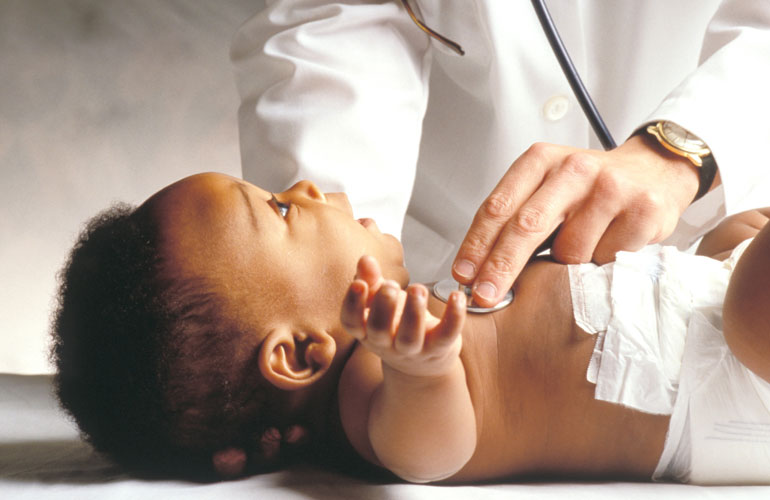Choosing a pediatrician is an important decision for any family, and one with a slightly different slant for an adopting family. There are several steps you can take to make your choice a good one.
Tap Into Your Resources
Begin by asking your friends, neighbors, and adoption support network about pediatricians they have experience with.
After you have narrowed your search, check with the American Board of Medical Specialties and the American Academy of Pediatrics to find out if these doctors are board certified. The American Academy of Pediatrics can also tell you which pediatricians have a special interest in adoption.
These are likely to be members of the Academy’s Division of Child and Adolescent Health, Provisional Section on Adoption. They will be knowledgeable about medical issues for children adopted domestically, internationally, and from foster care. Most will be knowledgeable about life in an orphanage and its effect on child development.
Further Investigation
Next, call the offices of these doctors to inquire about their residency training and medical school background. Ask at which hospitals they have admitting privileges. You will want to know about their special areas of interest, too. Ask at what point your pediatrician will refer you to subspecialists.
It is likely that the nurse involved with the practice will also be important to your family, so you will want to know about this person’s experience as well. Most pediatricians will be happy to schedule a short visit so that you can meet them before you have need of their services.
You may want pre-adoptive consultations, for help in deciding whether to accept a referral. Pediatricians with experience in international adoptions are aware of health issues in various countries of origin, and some doctors will be able to provide developmental assessments from video and medical record review.
In post-adoptive visits, it is reassuring to know that your child is reaching developmental milestones at the appropriate times. In blind adoptions, where you may not have a genetic history, a pediatrician must have excellent clinical skills to anticipate possible problems.
The pediatrician you select will be involved throughout your child’s growing years. Your children need to feel comfortable with this person as well; as they mature, they need answers to the most personal questions about their changing bodies.
Raising any child is an adventure. A good relationship with your child’s pediatrician can help to make the ride more secure.






